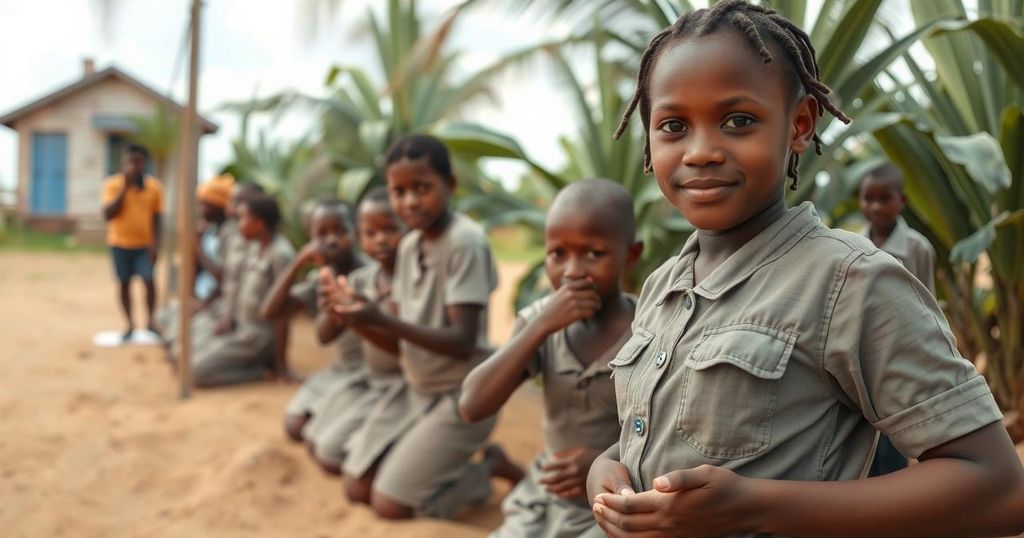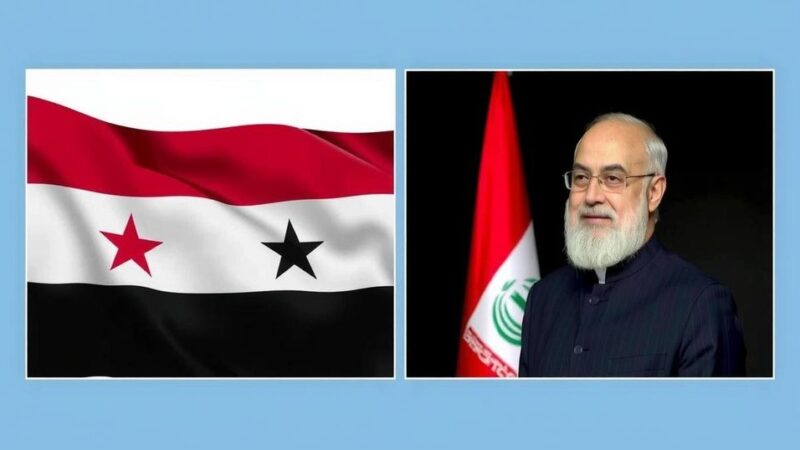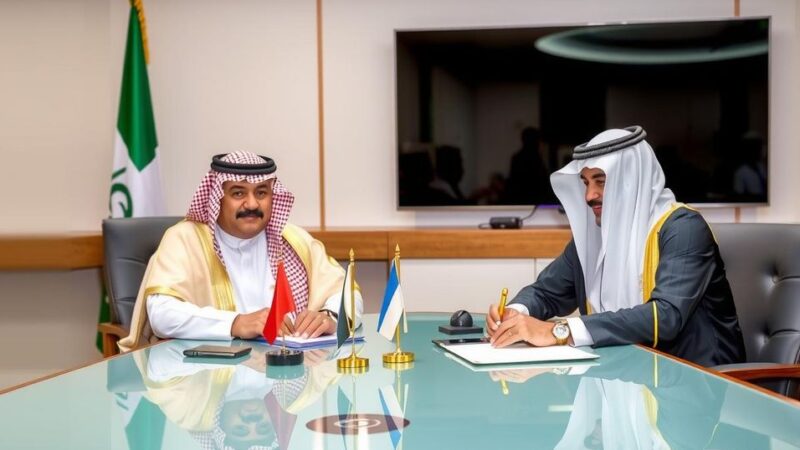This article summarizes recent global health and humanitarian developments: Egypt achieves malaria-free status, the UN prepares to aid Cuba amid power failures and flooding from a tropical storm, calls for calm in Mozambique following opposition leader assassinations, and the WHO’s support for South Sudan in addressing severe flooding impacting entire communities.
The World Health Organization (WHO) has officially recognized Egypt as malaria-free, a significant milestone reflecting a century-long battle against the disease that has afflicted the nation since ancient times. Tedros Adhanom-Ghebreyesus, the WHO Director-General, remarked, “Malaria is as old as Egyptian civilisation itself, but the disease that plagued pharaohs now belongs to its history and not its future.” This certification not only highlights the dedication of the Egyptian Government and its citizens in combating malaria but also positions Egypt as the third country in the WHO Eastern Mediterranean region to receive this honor, following the United Arab Emirates and Morocco. In Cuba, millions are enduring prolonged power outages exacerbated by a slow-moving tropical storm, leading to significant flooding risks. The UN Country Team is prepared to extend support and mobilize resources to assist Cuba during this crisis, where an estimated 10 million people have been affected by the electrical grid failure. The Cuban authorities attribute these blackouts to infrastructure issues, fuel shortages, and the ongoing impacts of the United States trade embargo. UN Deputy Spokesperson Farhan Haq reported on the anticipated flooding due to the storm, stating, “The strong but slow-moving storm has generated significant rainfall in the eastern and central parts of Cuba.” In Mozambique, UN Secretary-General António Guterres has called for calm following the assassination of two opposition leaders amidst electoral disputes. He urged for a thorough investigation into the killings of Elvino Dias and Paulo Guambe, which have heightened tensions in the political landscape of Mozambique. Guterres emphasized the importance of maintaining peace and stability during this delicate time for the nation, which has been dominated by the FRELIMO party for nearly five decades. Meanwhile, the WHO is actively assisting South Sudan in response to catastrophic flooding that has affected over 890,000 people throughout the country. The flooding, significantly worsened by climate change factors, has displaced more than 226,000 individuals and rendered crucial infrastructure, including health facilities, inaccessible. The WHO is distributing emergency health kits to aid affected communities, which can treat more than 870,000 individuals amid rising malaria cases and detected cholera instances within the region.
The World Health Organization (WHO) is primarily focused on strengthening global health systems and combating diseases that significantly affect populations worldwide. Recent developments with Egypt’s certification as malaria-free indicate effective public health interventions and commitment to disease eradication. Similarly, Cuba’s response to the power and storm crises highlights the necessity for international support during natural disasters and infrastructural challenges. In Mozambique, political stability remains a pressing concern as violence disrupts the political landscape, necessitating responses from international bodies. South Sudan’s ongoing humanitarian challenges underscore the effects of climate change and displacement on public health.
In summary, these global events emphasize critical health achievements, urgent humanitarian crises, and political tensions that require immediate attention and international collaboration. Egypt’s malaria-free status serves as an example of effective public health strategy, while the situations in Cuba, Mozambique, and South Sudan highlight the need for continued support from global organizations like the WHO and the UN to provide relief and promote stability.
Original Source: news.un.org







